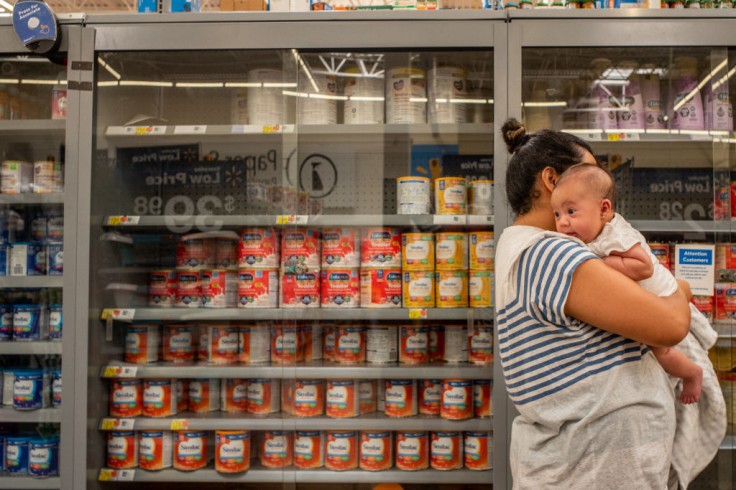
Changing formulas can be a daunting task for parents. Several factors can cause the changing of formulas. In addition to allergies and medical problems, there are also brands that are preferred and formulas that have been recalled.
It is not uncommon for infants to be able to switch formulas without any complications, even if the transition needs to take place promptly due to unforeseen circumstances. Whether it be because of dietary requirements, the recommendation of a physician, or simply a stage of development, many families find themselves in the position of changing formulas.
With that, below are ten expert tips on how to change your formula milk for a healthy and happy transition that will assist you and your kid in having a pleasant change.
10 Essential Changing Formula Tips for Healthy Transition
1. Consult Your Pediatrician First
If you think the formula milk that you are currently using is not a good fit for your child, you can always consult your pediatrician to address your concerns and give you other recommendations. Each child is different and thus would react differently to every formula milk.
2. Know Why You're Switching
It is important to get to know the root of your change. Is it because of the irregular poop of your baby? Are their allergies and sensitivities to your milk? Or you're just switching to address nutritional needs? Knowing things will help you make your best judgment.
3. Introduce the New Formula Gradually
Mix the new formula with the current one and gradually increase the new formula's proportion. This gradual shift helps your baby's digestive system adjust without much fuss.
4. Watch for Your Baby's Response
When introducing a new formula to your little one, it is vital for you to look at and observe how your baby reacts to it. Watch out for any signs of allergies, discomfort, or digestive issues.
5. Stick to a Routine
Try to keep feedings as regular as possible. A consistent routine helps your baby adapt to the new formula more easily.
6. Follow Preparation Instructions Carefully
Different formulas might require different preparation methods. Always read and follow these instructions accurately to ensure your baby's safety and proper nutrition.
7. Be Calm and Patient
Your babies may not be mature yet, but they can definitely pick up on your emotions, so when changing formulas, it will be helpful to remain calm. Being patient with your kid and yourself while navigating this tidal shift will also be beneficial.
8. Check Your Baby's Nutritional Changes
As babies grow and develop, their nutritional needs continue to evolve. With that, it is recommended to stay informed as to what nutrients are needed to support their growth.
9. Monitor Your Baby's Development
Keep an eye on your baby's growth, sleep patterns, and overall health after the formula change. It's essential to ensure that the new formula suits their development.
10. Seek Advice and Support
Parenthood can come with a lot of changes, and it can be overwhelming at any stage. Do not be afraid to reach out to other parents and/or mothers about how they have navigated this transition. Parenting is a collaborative endeavor, and the advice and support of others can be extremely beneficial.
Making the switch to a different formula is a major milestone in the process of your baby's nutritional development.
By putting these suggestions into practice, you can make sure that the transition is easy and healthy for your child.
Don't forget that every child is different, and the strategies that work for one child might not work for another. If you continue to be kind, alert, and aware at all times, this shift will be another step in the right direction for your parenting journey.